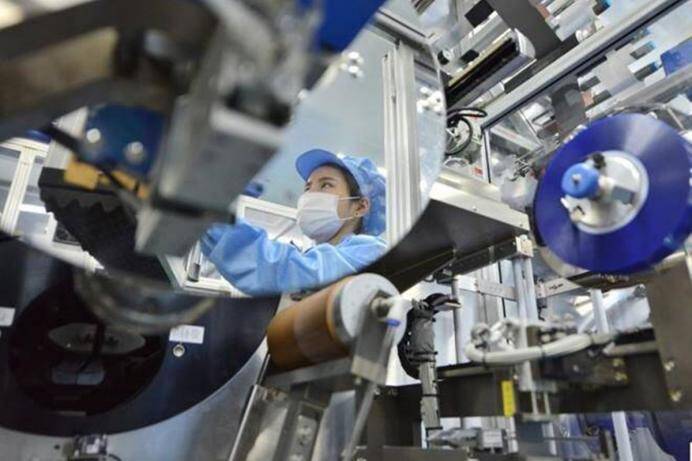Mr. Deepak Pahwa, Managing Director, Bry-Air | Financial Express | March 05, 2021
According to a report released by Lux Research, the total energy storage market is expected to grow to $546 billion in annual revenue by 2035.
In recent times, one of the primary concerns India has faced in the EV industry is to have the infrastructure ready that will push customers to buy electric vehicles. The government has been keen in the country becoming self-sustainable in the operating space and has been pushing for the adoption of electric vehicles (EVs). The need of the hour is to develop and manufacture long-lasting battery technology and to develop the overall infrastructure support required.
Lithium-ion batteries are becoming a popular choice among EV manufacturers. Today, lithium-ion battery technology stands at the centre of the EV ecosystem. Even fast-changing dynamics in the energy sector are looking at Lithium-ion batteries for storage. This has led to the sudden focus and spurt towards Lithium and its efficacy in supporting the growth of the EV and ESS markets. Most of the EVs coming out in the market use Lithium-ion as the primary source of energy to spin the wheels.
Image for representational purpose only (Photo: Reuters)

Lithium-ion batteries are considered one of the most stable sources of power and energy storage, delivering the least charging time and requiring low maintenance relative to other available battery technology. Additionally, the self-discharge role of Lithium-ion cells is significantly lower than any other rechargeable cells.
When we talk of energy conservation or energy storage one thing that is common between these two is the mode of storing the energy, i.e. the batteries. The lithium-ion battery is a great medium in the field of energy storage too. They are deemed critical to the development of energy storage, sometimes considered the “holy grail” of renewable energy because of their ability to store electricity from intermittent sources of energy such as solar, wind, etc.
According to a report released by Lux Research, the total energy storage market is expected to grow to $546 billion in annual revenue by 2035. The report estimates that the three main drivers of energy storage – mobility applications, electronic devices, and stationary storage – will reach an annual combined deployment level of 3,046 GWh over the next 15 years, up from the current 164 GWh, with mobility applications making up the lion’s share of the growth.
Lithium and alternative battery manufactures are today the most vulnerable and hence driving the high requirement for Dry Rooms in India and dehumidifiers across the globe. Auto companies worldwide are heavily investing in battery development which will bolster the strong demand for lithium-ion batteries in the coming years. But, there is a need to push local manufacturers to adapt to lithium batteries. However, executing the process of Lithium batteries require a high level of environmental control while assembling and manufacturing. India has significant weather variations from region to region at different times of the year.
With heat ranging up to 40 ℃ in some regions, environment control during battery production is much needed. The production must be undertaken in very critical and controlled (Dry Room) environment conditions. Non-maintenance of the desired RH during lithium cell manufacturing (<1%) and battery assembling (<10%) may lead to severe consequences including reduced quality, bad performance, and increased chances of explosion. Dehumidification or moisture control solutions have proven themselves to be a critical factor in the control of the environment in the Dry Rooms without which lithium battery manufacturing is not feasible. Dry rooms are equipped with moisture control equipment’s that help in achieving extremely low dewpoint [up to (-) 80℃] control for all the hygroscopic and moisture sensitive material processing.
The recent news by lead battery firm Amara Raja Batteries to open India’s first technology hub to develop lithium-ion cells in Tirupati is a remarkable opportunity for the market. Bry-Air provided the Dry-room production facilities to the company which plays a vital role in the development of a lithium-ion battery.
Partnering with battery manufacturers/assemblers and the environmental control solutions offered by local players is instrumental in making quality, safe and reliable lithium batteries in India. The vast experience, technical know-how, and successes in providing low dew point dehumidification equipment across the Globe including China have only helped strengthen the confidence. With the government pushing to become the EV first nation by 2030, the local manufacturers are fully geared up to serve the nation making us a Self-Reliant India.




